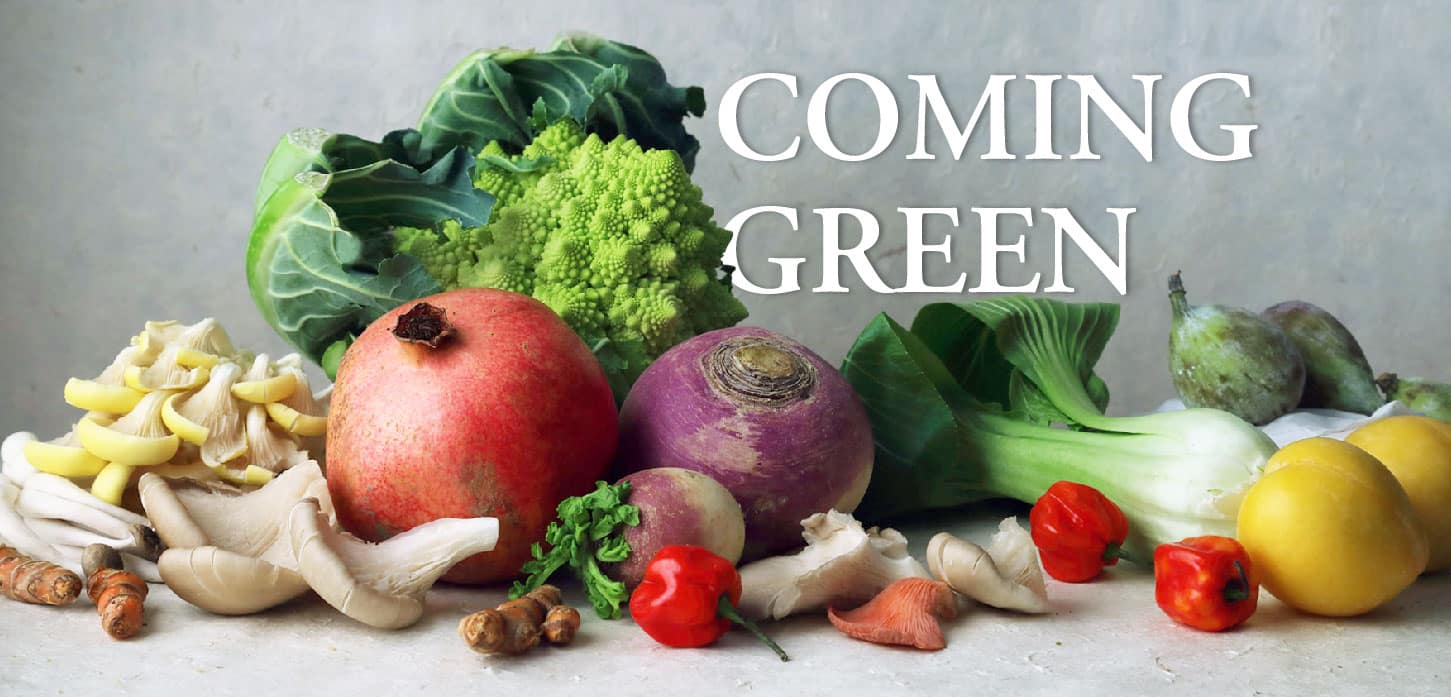Thailand has long been renowned for its rich and diverse culinary heritage, characterized by the vibrant flavors and aromas of traditional dishes. However, in recent years, there has been a significant shift in the country’s culinary landscape, with the rise of plant-based cuisine taking center stage. This culinary revolution is not only reshaping the way people eat in Thailand but also influencing global food trends.
The traditional Thai diet has always been centered around meat, seafood, and dairy, with dishes like green curry, pad Thai, and tom yum soup occupying a beloved place in the hearts of locals and tourists alike. However, as concerns about health, environmental sustainability, and animal welfare continue to gain prominence, more and more people are turning to plant-based alternatives.
One of the driving forces behind this shift is the growing awareness of the health benefits associated with a plant-based diet. Research has shown that a diet rich in fruits, vegetables, whole grains, and plant-based proteins can lower the risk of chronic diseases such as heart disease, diabetes, and certain types of cancer. As a result, many Thais are embracing plant-based cuisine as a means of improving their overall well-being.
Furthermore, the environmental impact of traditional animal agriculture has not gone unnoticed. With issues such as deforestation, greenhouse gas emissions, and water pollution linked to meat production, there is a growing understanding of the need to adopt more sustainable food practices. Plant-based cuisine offers a more environmentally friendly alternative, as it requires fewer natural resources and generates fewer greenhouse gas emissions.
In addition to health and environmental considerations, the ethical implications of animal agriculture play a significant role in the rise of plant-based cuisine in Thailand. As awareness of animal welfare issues grows, many individuals are choosing to reduce or eliminate their consumption of animal products in favor of cruelty-free alternatives. This shift in mindset has prompted a surge in demand for plant-based options across the country.
The culinary landscape in Thailand is evolving to accommodate this growing demand for plant-based cuisine. Restaurants, cafés, and food stalls are increasingly offering creative and delicious plant-based dishes, showcasing the diverse flavors and ingredients that are native to Thai cuisine. From plant-based versions of classic dishes to innovative creations that highlight local fruits and vegetables, there is no shortage of options for those seeking a more plant-centric dining experience.
Moreover, the rise of plant-based cuisine is not limited to traditional dining establishments. Street food vendors, food markets, and even convenience stores are incorporating plant-based options into their offerings, making it easier than ever for people to embrace a more plant-forward diet. This accessibility is crucial in driving the widespread adoption of plant-based cuisine across various segments of society.
As plant-based cuisine continues to gain traction in Thailand, the country is positioning itself as a hub for innovative and sustainable gastronomy. This culinary revolution is not only reshaping the way people eat but also challenging the conventional perceptions of Thai cuisine. By celebrating the abundance of plant-based ingredients and embracing culinary creativity, Thailand is paving the way for a more inclusive and environmentally conscious food culture.
In conclusion, the rise of plant-based cuisine in Thailand represents a profound shift in the country’s culinary narrative. With a growing emphasis on health, sustainability, and compassion, plant-based cuisine is redefining the very essence of Thai cooking. Whether driven by personal health goals, environmental awareness, or ethical considerations, the embrace of plant-based cuisine in Thailand marks a transformative moment in the nation’s culinary evolution. As the movement continues to flourish, it is clear that plant-based cuisine is here to stay, offering a delicious and conscientious path to a more sustainable future.







